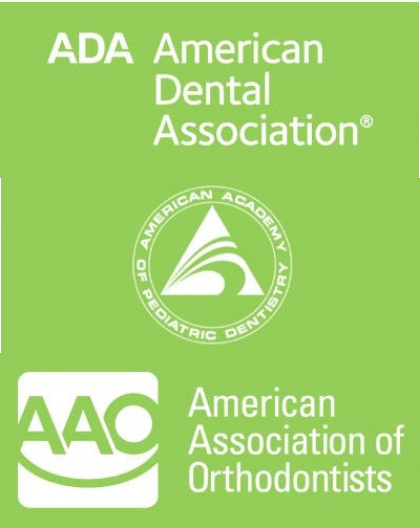TMJ Therapy
Pennington NJ Orthodontist & Pediatric Dentist
Millions of Americans suffer from chronic facial and neck pain as well as severe, recurring headaches. In some cases, this pain is due to Temporomandibular Disorder, also known as TMD. Your temporomandibular joints, or TMJs, connect your lower jawbone to your skull. These joints get a lot of use throughout the day as you speak, chew, swallow, and yawn. Pain in and around these joints can be unpleasant and may even restrict movement.
Dr. Meryl Baurmash treats patients with TMD at Pennington Orthodontics and Pediatric Dentistry in Pennington, New Jersey. Dr. Meryl Baurmash is an experienced orthodontists passionate about providing high-quality dental care to patients of all ages. To determine where how your TMD is manifesting, look out for common signs of the disorder and let Dr. Meryl Baurmash know at your next appointment.
SYMPTOMS OF TMD INCLUDE:
- Pain in the jaw area
- Pain, ringing, or stuffiness in the ears
- Frequent headaches or neck aches
- Clicking or popping sound when the jaw moves
- Muscle spasms in the jaw area
- A change in the alignment of top and bottom teeth
- Locked jaw or limited opening of the mouth
If you notice that you are experiencing any of these symptoms, let us know. We can help determine if you have TMD and create a customized treatment plan to help relieve your symptoms.
NOT ALL JAW PAIN IS ASSOCIATED WITH TMD.
If you feel that you might have TMD, it is always important to see your dentist and receive an exam. However, not all jaw pain is associated with TMD, and if you do not have TMD there are many different preventive steps you can take to maintain a healthy, strong smile.
- Relax your face — “Lips together, teeth apart”
- Avoid grinding your teeth
- Avoid all gum chewing
- Don’t cradle the phone receiver between your head and shoulder — either use a headset or hold the receiver to your ear
- Chew food evenly on both sides of your mouth
- Do not sit with your chin rested on your hand
- Practice good posture — keep your head up, back straight, and shoulders squared
Many people get TMD without ever having braces. Symptoms usually wax and wane regardless of whether braces are worn. If you are experiencing any of the symptoms listed above and are concerned that you’re a candidate for TMD treatment, please contact our office for a consultation.
Patients with crooked or misaligned teeth are more at risk of developing TMD than other patients. Sometimes, orthodontic treatment can alleviate TMD symptoms and fix the problem on its own. Dr. Loew and Dr. Patel-Parekh will help you find the right treatment to straighten your smile.
FAQS
CONTACT POP SMILES TODAY
Call 609.737.3700 to request an appointment. Request a consultation with Dr. Loew or Dr. Patel-Parekh on our website. They will help you get the care you need to alleviate jaw and facial pain as well as other unpleasant symptoms caused by TMD.



